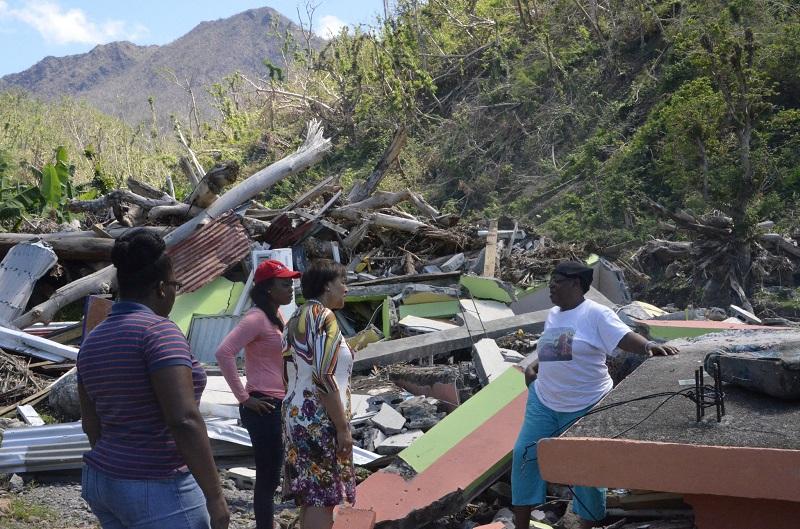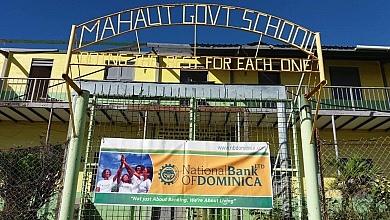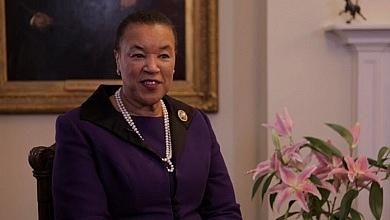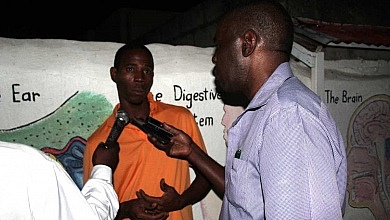Supporting Governments in tackling the devastating impacts of climate change

It has been almost two years since I sat in a security plane flying over the once familiar, but then almost unrecognisable, terrain of Dominica – the country of my birth.
I was on my way from Barbuda where Hurricane Irma had caused unimaginable destruction, forcing a complete evacuation of the island. It is hard to describe the gut-wrenching effect of watching acres of utter devastation unfold before my eyes. Hurricane Maria’s ferocity had claimed lives, demolished the country’s GDP and completely changed landscapes, turning villages into wastelands, bulldozing mountainsides, and even stripping the bark from trees.
But it is not just in the Caribbean that natural disasters linked to climate change are rising in number and intensity. In widely varying locales and environments around the globe, we see the scars of droughts, freak storms, hurricanes, cyclones, floods, mudslides and rising sea levels. In 2018 alone, natural disasters claimed more than 5,000 lives and resulted in 28.9 million people needing to receive emergency assistance or humanitarian aid.
These events have brought far deeper awareness of the issues at stake, triggering street protests, generating new hashtag trends, and prompting widespread popular concern and urgent debate in parliaments. When Commonwealth Heads of Governments met in April last year, it was evident that everyone around the table recognised climate change as a serious threat.
This article is copyright © 2019 DOM767








